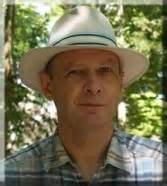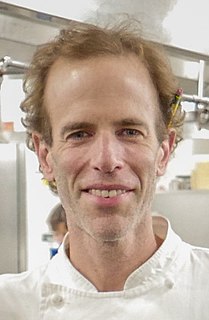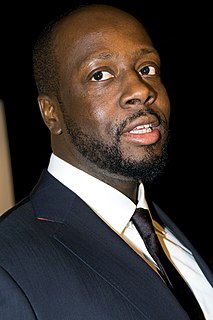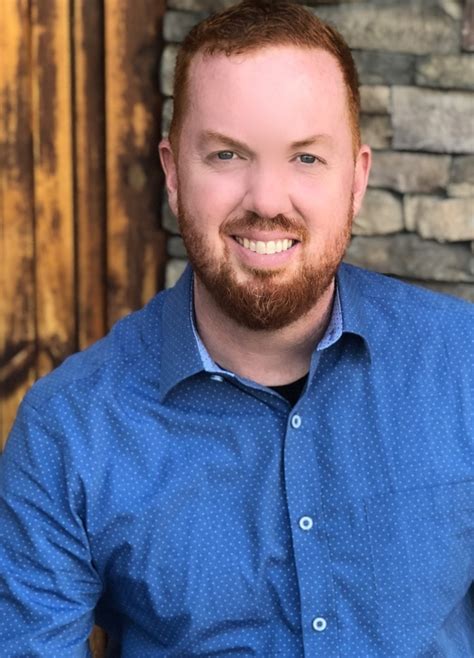A Quote by Warwick Fox
.. the word ecology, coined by the German biologist and philosopher Ernst Haeckel (initially as oecology) in 1866. derives from the Greek oikos, "referring originally to the family household and its daily operations and maintenance." The term ecology is therefore intended to refer to the study of the conditions of existence that pertain to, and the interactions between, all the entities that make up our larger, cosmic household here upon earth.
Related Quotes
My Prime Minister regards the economy as our highest priority and forgets that economics and ecology are derived from the same Greek word, oikos, meaning household or domain. Ecology is the study of home, while economics is its management. Ecologists try to define the conditions and principles that enable a species to survive and flourish. Yet in elevating the economy above those principles, we seem to think we are immune to the laws of nature. We have to put the ‘eco’ back into economics.
When the study of the household (ecology) and the management of the household (economics) can be merged, and when ethics can be extended to include environmental as well as human values, then we can be optimistic about the future of humankind. Accordingly, bringing together these three ‘E's' is the ultimate holism and the great challenge for our future.
Early ecologists soon realised that, since humans are organisms, ecology should include the study of the relationship between humans and the rest of the biosphere. ... We don't often tend to think about the social sciences (history, economics and politics) as subcategories of ecology. But since people are organisms, it is apparent that we must first understand the principles of ecology if we are to make sense of the events in the human world.
In recent years it has become impossible to talk about man's relation to nature without referring to "ecology"...such leading scientists in this area as Rachel Carson, Barry Commoner, Eugene Odum, Paul Ehrlich and others, have become our new delphic voices...so influential has their branch of science become that our time might well be called the "Age of Ecology".
I talk a lot about the men in my family because my mother died when I was little, and my grandmother died when my aunts were little, so we didn't have those kinds of heads of household. But all the members of our household who were female were sort of living as equal and as wise as the male figures in our family.
The ancient Hebrews had a word for this awareness of the importance of things. They called it kavod. Kavod originally was a business term, referring to the heaviness of something, which was crucial in weights and measures and the maintaining of fairness in transactions. Over time the word began to take on a more figurative meaning, referring to the importance and significance of something.
The popes have spoken of human ecology, closely linked to environmental ecology. We are living in a time of crisis: we see this in the environment, but above all we see this in mankind Man is not in charge today, money is in charge, money rules. God our Father did not give the task of caring for the earth to money, but to us, to men and women: we have this task! Instead, men and women are sacrificed to the idols of profit and consumption: it is the 'culture of waste.'
The 'environmental crisis' has happened because the human household or economy is in conflict at almost every point with the household of nature. We have built our household on the assumption that the natural household is simple and can be simply used. We have assumed increasingly over the last five hundred years that nature is merely a supply of 'raw materials,' and that we may safely possess those materials by taking them.... And so we will be wrong if we attempt to correct what we perceive as 'environmental' problems without correcting the economic oversimplification that caused them.








































